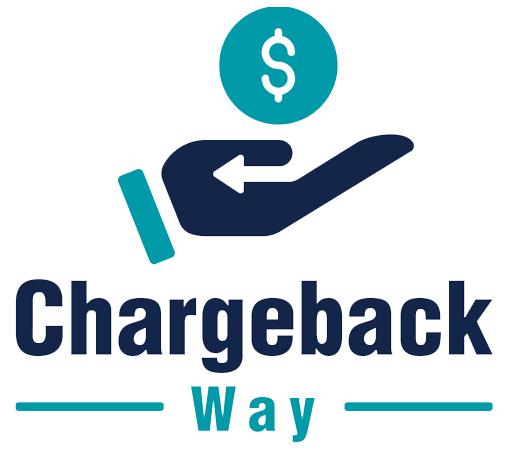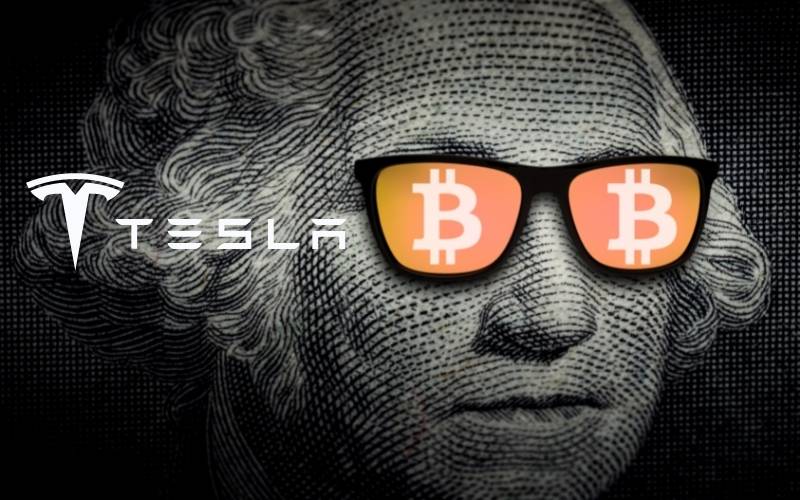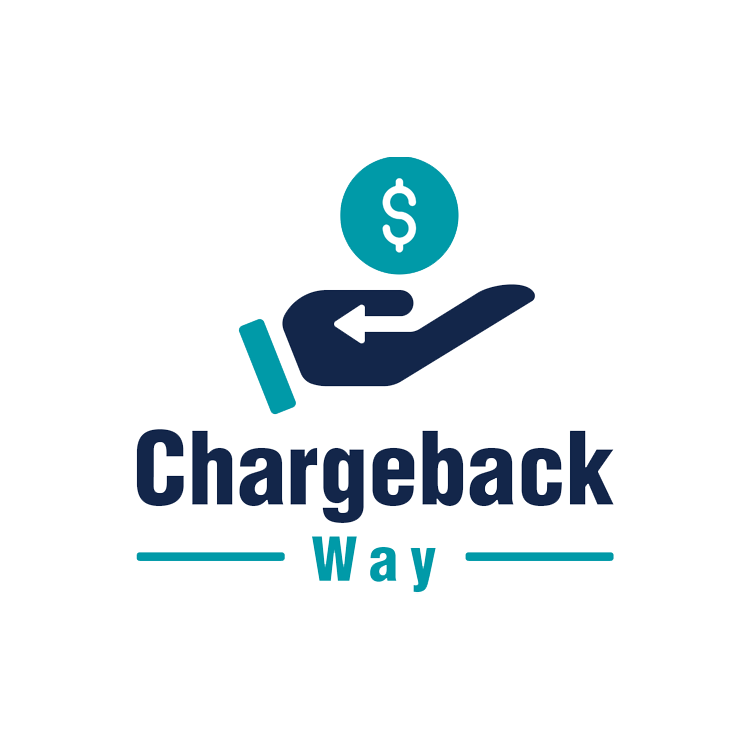The EU Targets Social Media Giants Over Online Hate Speech, Harmful Content & Scams

Do you hate it when someone criticizes you in your own account, on your own post, and in your own comment section? Or is someone sending threats or spreading rumors about you on social media, targeting your religion, culture, or such activities?
If that is the case, you might feel grateful for the new European Union DSA rules. The EU has decided not to leave out the online platforms from behaving properly and has decided to hold them accountable for the risks the services they provide can provide to the citizens and society. They have specifically targeted the technological industry to address online privacy, fake information, and other issues faced by users. So, let’s learn all about the EU social media laws, what huge technological firms think about it, and what issues might arise with these.
The EU Plan

The EU got its DSA (Digital Services Act) approved on 23rd April, allowing the government to have more power to pressure the tech companies to take down hateful or illegal content such as terrorist propaganda, unsafe advertisements, and hate speeches against a community or person and more.
If the company does not take down said things, then they face fines of around six percent of their yearly revenue. All digital platforms have to make sure they obey the code of conduct as per the EU Digital Services Act. All the companies have to set their algorithms according to the laws and have to report back how they are dealing with the damaging material present or being posted on their platforms. If misinformation is provided through a platform during a war or pandemic, additional charges and actions will be taken.
Advertisements that might trigger or are aimed at children or contain sensitive information such as usage of religion, race, or other such content will also result in banning the digital platform allowing it to air. This way, the social media giants cannot decide what is wrong and right. The European Union decides what is right and wrong. This is a really big plan and has many terms and conditions that the social media giants have to abide by. But why introduce such reforms?
The Purpose Behind This Plan
During the early stages, social media was just a platform to connect people from all around the world without any hassle. It was created to promote truth and mutual understanding between citizens of different countries and make each other understand the culture, religion, and other things.
However, as time passed, things changed. Now conspiracy theories related to funded bio-labs in Ukraine by the US have surfaced from different anonymous forums to the Fox News, false scandals, personal data breaches, promotion of false news related to serious pandemic conditions, and others have occurred that triggers severe volumes of violence causing harm to society and citizens. These things have pushed the EU to take action and come up with a plan to stop the social media giants from posting anything they like. But what response did the EU get to such reforms? Let’s find out.
DO YOU NEED EXPERT ADVICE?
We have encountered victims who were mentally and emotionally drained when they were scammed out of their money. We can help you with your legal and technical concerns. We can help you get your money back.
Social Media Platforms Response To EU’s Plan
The major firms and social media platforms are concerned about the details of how the DSA will work as the details are not clear to them. According to watchdog groups, the internet giants invested significant amounts of money in influencing the EU, particularly on the DSA and the Digital Markets Act, a distinct body of legislation meant to limit their market influence.
The DMA was initially their primary emphasis, as Apple Inc. would be required to permit third-app stores in its products, and Amazon.com Inc. would be prohibited from ranking its e-commerce products higher than those of competitors. The DSA became a more controversial issue once Haugen appeared in the European Parliament, raising concerns about hate speech and dangerous content, and MPs pushed to outlaw targeted ads entirely. While that initiative failed, the businesses continued one of the most extensive influential campaigns witnessed in Brussels.
Challenges That Could Occur in The Aftermath

These few issues might occur when talking about fines, bans, and other things provided by this Digital Services Act. Here are a few points to clear out the problems that might occur after this plan.
- The EU will have to hire hundreds of personnel to monitor the DSA and DMA.
- The cash-rich social media giants may ignore even large fines.
- National authorities have never come close to enforcing the maximum sanctions permitted under the EU’s current data laws.
- There are also technical challenges.
- The DSA’s implementation will be up to the EU’s 27 member states, each of which has its legal system.
The social media giants and renowned personnel also have many things to say about the Digital Services Act. In the mass of people discussing the merits and demerits of these laws, the Tesla owner also has to say some things. So, let’s see whether Elon Musk supports the DSA or is against it.
Elon Musk and EU Digital Rules
Elon Musk, now the owner of 9.1 percent stocks of Twitter and the largest shareholder, has some great views about the new EU law related to the social media and digital world.
He totally supports the idea of free speech while blocking hate speech and harmful content and simultaneously protecting the social media users; a law proposed by the EU to control social media content. So, make sure to follow the Digital Service Act without getting into trouble yourself.
Though, the EU has received support from some and criticism from others. It has not stopped them from going all-in with their rules and providing data privacy protection, hate speech removal, false information removal, and other such facilities to avoid harm to the citizens and society. The world is once again going towards a better place, and even the main companies like Facebook, Twitter, Amazon, and others have taken action to stop such conspiracies from spreading.
Read our news page to find out more about scams and frauds.
Sources
Find Related News
Subscribe to Our Newsletter

Scam Recovery Resources
How Can Scammers Get Their Hands On Your National Insurance Information?
Scammers have been calling random people on the street while posing as representatives of the National Crime Agency, or the “National Office for Serious Crimes,” and then using a web of lies and threats to try to persuade you to divulge personal information. The con artist then misinforms them that his National Insurance number had been used to claim Universal Credit (NINo). The conman threatened to have him pay back thousands of pounds in benefits that had been fraudulently claimed and put him in danger of going to jail if he didn’t give them his personal information so they could “correct” the situation.
Enron Case Scandal – One of The Largest Banckrupcies in The World Due To An Online Banking Scandal
During Enron’s Good days in 2000, the stock price reached $90, while in 2001 it directly fell to bankruptcy. With its fast growth and vast gas distribution network, it became the 7th largest company in America. Although most of its development was actually from non-energy interests, it was profiting from brokering and trading.
Serena Gomez lost $17,000 in a Social Media Scam Yet, She Managed to Recover It
Keep an eye out for red signals; you never know how well scammers will set up traps for you. In situations like these, no phone calls, fake images, and a price that seems too good to be true may be beneficial. As a result, while there is no definite strategy for eliminating payment frauds, there are always certain strategies to ensure that the negative repercussions they produce are mitigated.
Dating Scams on A Rise: Anne Lost $98,000 & We Helped Her Get it Back!
Online dating sites and apps are used by millions of individuals worldwide. There are also several success tales of people finding love and companionship over the internet. However, in addition to the achievements, there are also online dating frauds, which are on the rise.
A $1 Billion Spike in Dating Scams is Crippling The Economy – Find Out All About Romance Scams
Online dating scams have been getting more and more popular over the past five years. Since 2013, 10% of all reported fraud cases have been due to online dating scams. The number only continues to increase as internet companies grow, so it is important that we are aware of what they are and how they work.
Our news section focuses on reporting scam related news and alerts. We aggregate information from the web, as well as, reach out to our contacts so that we can get the latest scoop on scam operations.
FundTrace is committed to upholding the journalistic standards online, including accuracy. With our news reporting, our policy is to review each issue on a case by case basis, immediately upon becoming aware of a potential error or need for clarification, and to resolve it as quickly as possible.
We Can Help You
Victims of scams are stressed out because they don’t know what to do. We have the tools and experience to fight off scams, and our team can help you in getting your money back.
Please fill up the form now so that our team will get in touch with you.









